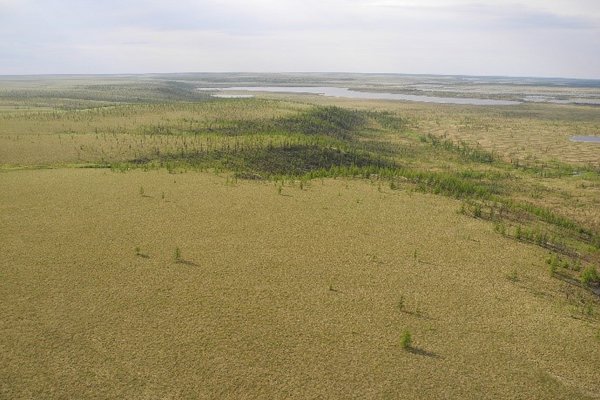
The conundrum of forest expansion after the last ice age
How fast the Northern Hemisphere forest macro ecosystem tracks strongly warming climates such as projected for the near future is largely unknown. In…

Earth´s orbit and greenhouse gas concentrations influence African humid periods
In a new study, researchers at the Max Planck Institute for Meteorology have investigated what caused African humid periods to vary in duration and…
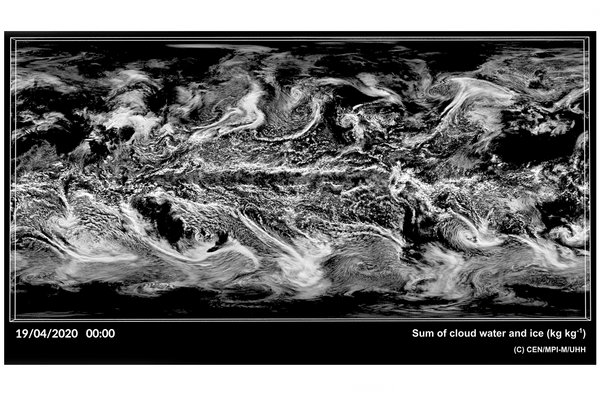
A curious symmetry in the distribution of tropical precipitation
A curious symmetry in the distribution of tropical precipitation is that it rains as much over land as it does over the ocean, in both cases about 3…
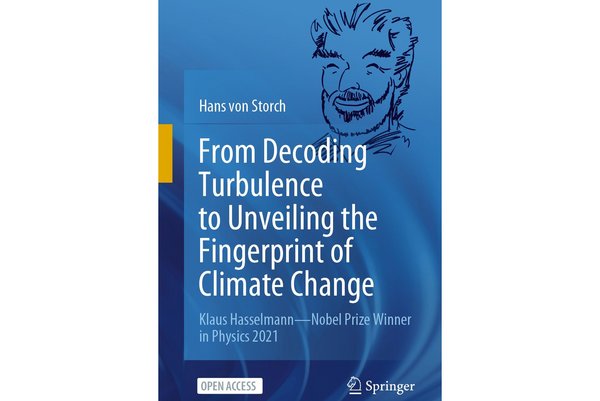
New book about Klaus Hasselmann
The book “From decoding turbulence to unveiling the fingerprint of climate change: Klaus Hasselmann-Nobel Prize Winner in Physics 2021” has recently…
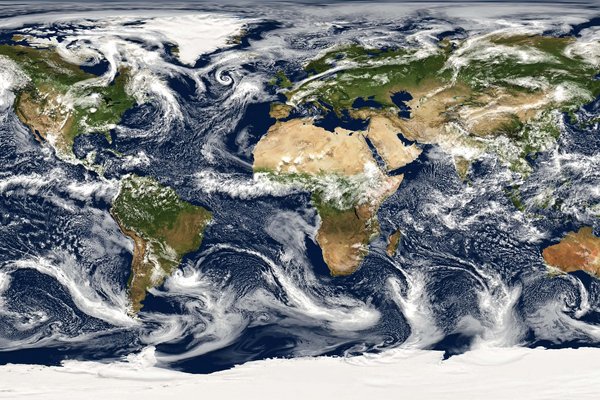
Leading global climate scientists call for global partnership to predict rainfall futures and tackle climate change more effectively
Nine of the world´s leading climate scientists are calling for major international investment to develop a new generation of climate models that can…
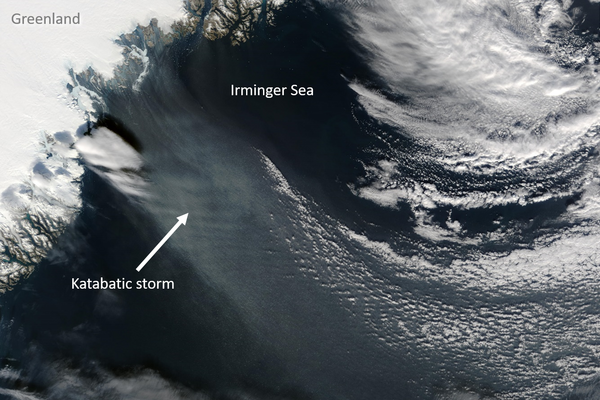
How katabatic storms in southeast Greenland form dense water in the Irminger Sea
In a new study in the Journal of Geophysical Research: Oceans, Dr. Oliver Gutjahr (Universität Hamburg, Max Planck Institute for Meteorology (MPI-M))…
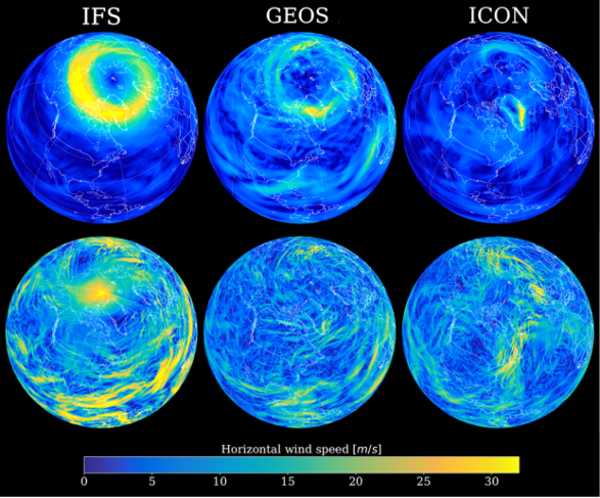
Atmospheric energy spectra in global kilometre-scale models
Dr. Claudia Stephan (Max Planck Institute for Meteorology) and her colleagues Dr. Julia Duras, Dr. Lucas Harris, Dr. Daniel Klocke, Dr. William M.…
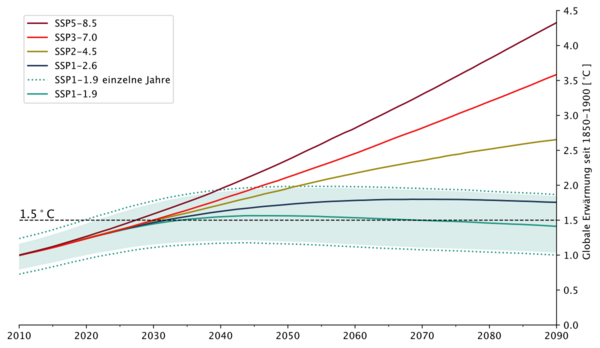
How close are we to 1.5 °C or 2 °C of global warming?
In a publication in Weather, a journal of the Royal Meteorological Society, Prof. Jochem Marotzke (Max Planck Institute for Meteorology), Dr.…
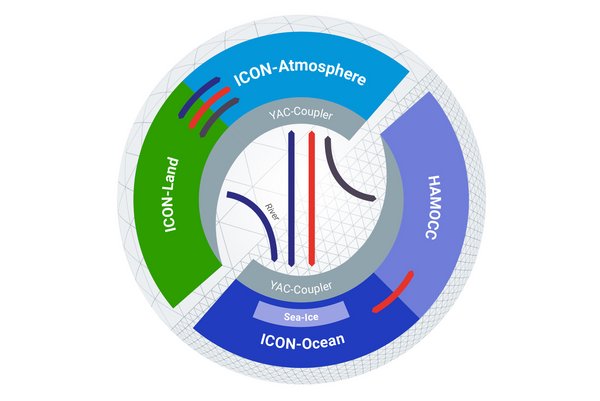
The first version of the ICON Earth System Model
A team of researchers around Dr. Johann Jungclaus from the Max Planck Institute for Meteorology (MPI-M) has published a paper in the Journal of…
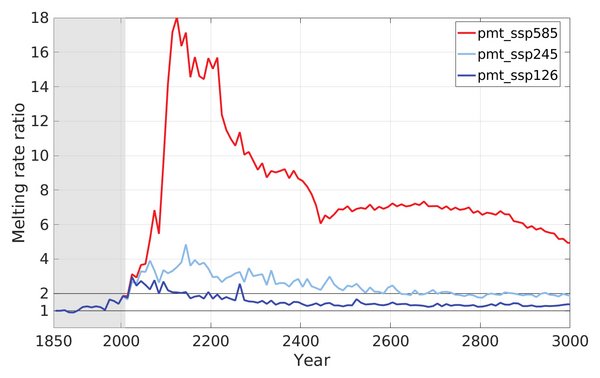
Delayed response of subsea permafrost thaw to anthropogenic warming
Subsea permafrost is a previously overlooked component of the climate system. In a study published in The Cryosphere, the authors Stiig Wilkenskjeld…
![[Translate to English:] [Translate to English:]](/fileadmin/_processed_/5/1/csm_220228_TeaserPic_Kapsch_Ziemen_6x4_be9a69e224.png)
What controls the millennial-scale climate variability in simulations of the last deglaciation?
The transition between the last glacial maximum (LGM, about 21,000 years before present) and present, which is referred to as the last deglaciation,…
![[Translate to English:] [Translate to English:]](/fileadmin/_processed_/e/d/csm_pendulum_6x4_e082995832.png)
Finding attractors of dynamical systems via recurrences
In a publication, recently selected as a Featured Article, in Chaos, Dr. George Datseris (Max Planck Institute for Meteorology (MPI-M)) and Associate…
